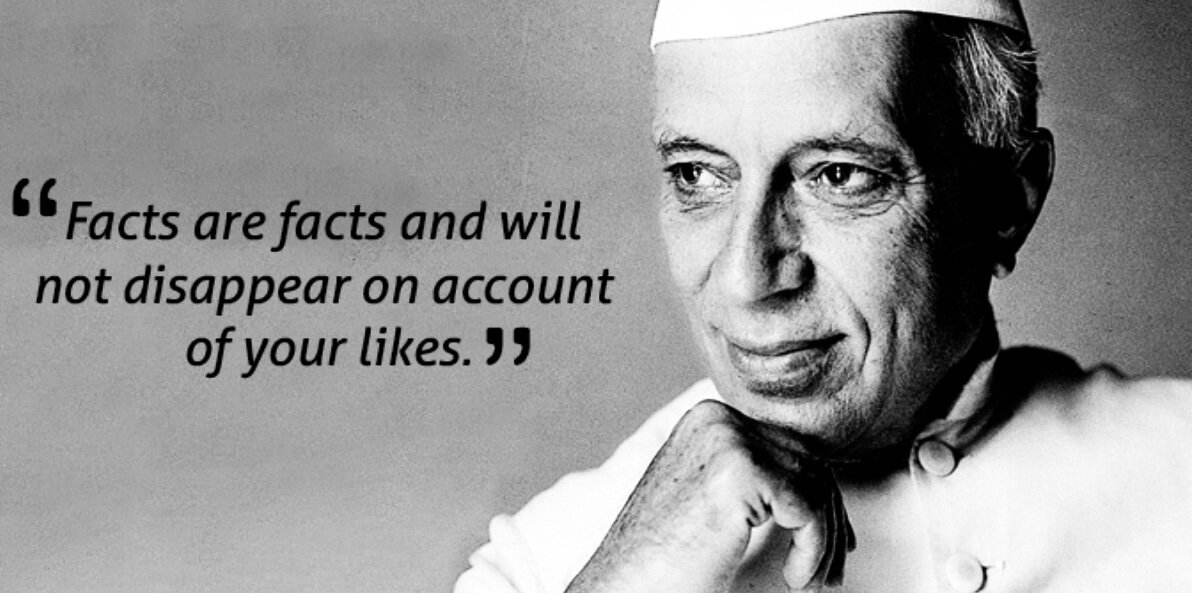Who was the true mastermind of the 911 attacks which led to such a loss of freedom in the United States? As soon as I heard they had that “patriot act” all ready to go with the media forcing it down our throats - the origin of that attack couldn’t have been more obvious.
Henry Kissinger was put in charge of the 911 investigation and then resigned to hide his client list. Who does he work for that he has to hide them? Why is an individual who hiding the identity of clients whispering into the ear of every President since JFK? How can we even begin to pretend that the United States hasn’t been hijacked?
"The President always says to tilt toward Pakistan." That at least was true. Long before any conception of his “China diplomacy," indeed even during the years when he was inveighing against "Red China" and its sympathizers, Nixon detested the government of India and expressed warm sympathy for Pakistan.
Many of his biographers and intimates, including Kissinger, have recorded the particular dislike he felt (more justifiably, perhaps) for the person of Indira Gandhi.
Indira Gandhi
He always referred to her as "that bitch" and on one occasion kept her waiting for an unprecedented forty-five minutes outside his White House door.
However, the dislike originated with Nixon's loathing for her father Pandit Nehru, and with his more general loathing for Nehru's sponsorship-along with Makarios, Tito and Soekarno-of the Non-Aligned Movement.
Facts are facts and will not disappear on account of your likes.
Pandit Nehru
There can be no doubt that, with or without an occluded "China card," General Yahya Khan would have enjoyed a sympathetic hearing, and treatment, from this president, and thus from this national security advisor.
General Yahya Khan
This is also strongly suggested by Kissinger's subsequent conduct, as Secretary of State, toward Bangladesh as a country and toward Sheik Mujib, leader of the Awami League and later the father of Bangladeshi independence, as a politician.
Unremitting hostility and contempt were the signature elements in both cases. Kissinger had received some very bad and even mocking press for his handling of the Bangladesh crisis, and it had somewhat spoiled his supposedly finest hour in China.
He came to resent the Bangladeshis and their leader, and even compared (this according to his then aide Roger Morris) Mujib to Allende.
Sheik Mujib
As soon as Kissinger became Secretary of State in 1973, he downgraded all those who had signed the genocide protest in 1971. In the fall of the next year, 1974, he inflicted a series of snubs on Mujib, then on his first visit to the United States as head of state.
In Washington, Kissinger boycotted the fifteen-minute meeting that Mujib was allowed by President Ford. He also opposed Mujib's main request, which was for emergency United States grain shipments, and some help with debt relief, in order to recuperate the country so ravaged by Kissinger's friend and ally.
To cite Roger Morris again: "In Kissinger's view there was very much a distant hands-off attitude toward them. Since they had the audacity to become independent of one of my client states, they will damn well float on their own for a while."
It was at about this time that Kissinger was heard to pronounce Bangladesh "an international basket case," a judgment which, to the extent that it was true, was also self-fulfilling.
In November 1974, on a brief face-saving tour of the region, Kissinger made an eight-hour stop in Bangladesh and gave a three-minute press conference in which he refused to say why he had sent the USS Enterprise into the Bay of Bengal three years before.
Within a few weeks of his departure, we now know, a faction at the US embassy in Dacca began covertly meeting with a group of Bangladeshi officers who were planning a coup against Mujib.
On 14 August 1975, Mujib and forty members of his family were murdered in a military takeover. His closest former political associates were bayoneted to death in their prison cells a few months after that.
The Senate Foreign Relations Committee was at that time conducting its sensational inquiries into CIA involvement with assassinations and subversion in the Third World.
The "two-track" concept, whereby an American ambassador like Ed Korry in Chile could find that his intelligence officers and military attachés were going behind his back and over his head, with secret authorizations from Washington, and running their own show, had not become a familiar one.
However, exhaustive research by Lawrence Lifschultz of Yale University now strongly suggests that a “two-track" scheme was implemented in Bangladesh as well.
The man installed as Bangladesh's president by the young officers who had slain Rahman was Khondakar Mustaque, generally identified as the leader of the right-wing element within the Awami League.
If you look up Sheik Mujib, it is apparent that many people have been inspired to create art about him.
He was at pains to say that the coup had come to him as a complete surprise, and that the young majors who had led it–Major Farooq, Major Rashid and four others, at the head of a detachment numbering just three hundred men-had “acted on their own."
He added that he had never met the mutinous officers before. Such denials are of course customary, almost matters of etiquette.
So are the ensuing statements from Washington, which invariably claim that this or that political upheaval has taken the world's largest and most powerful intelligence-gathering system completely off guard.
That expected statement, too, was made in the aftermath of the assassination in Dacca. The cover story (one might term it the coincidence version) leaks at every joint and comes apart at the most cursory inspection.
Major Rashid was interviewed by Anthony Mascarenhas, the journalistic hero of the Bangladesh war, on the anniversary of the coup.
He confirmed that he had met Mustaque before the coup, and again on the days immediately preceding it. In fact, a senior Bangladeshi officer has dated meetings between Mustaque and the mutineers more than six months before Mujib's overthrow.
The United States ambassador in Dacca, Davis Eugene Boster, was aware that a coup was being discussed. He was also aware of the highly controversial congressional hearings in Washington, which had unveiled high-level official wrongdoing and ruined the career of many a careless foreign service officer.
He ordered that all contact between his embassy and the mutinous officers be terminated. Thus his alarm and annoyance, on 14 August 1975, was great.
The men who had seized power were the very ones with whom he had ordered a cessation of contact. Embassy sources have since confirmed to Lifschultz
(a) that United States officials had been approached by, and had by no means discouraged, the officers who intended a coup and
(b) that Ambassador Boster became convinced that his CIA station was operating a back channel without his knowledge.
Such an operation would be meaningless, and also pointlessly risky, if it did not extend homeward to Washington where, as is now notorious, the threads of the Forty Committee and the National Security Council were very closely held in one fist.






















